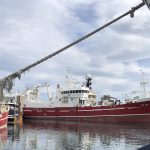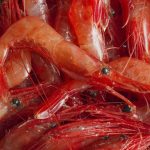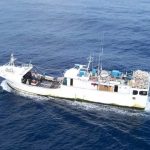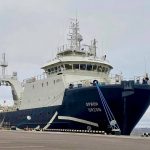Next month the Department of Fisheries in conjunction with CSIRO is organizing a meeting of scientists to investigate marine “heatwave” being experienced along the Western Australian coastline. Marine experts from around the State will be joining forces to review both the physical and biological aspects of the “heatwave”, which appears to have some major implications for fish and invertebrate species along the continental shelf.
The Department of Fisheries’ Acting Research Director, Dr Dan Gaughan informed that above average water temperatures had been recorded off the WA coastline since the final quarter of 2010, and an extensive patch of very warm water had moved southwards over a period of several months. He added that in February 2011, surface temperatures were more than 3°C above average for this time of year over a large area extending from Ningaloo to the Abrolhos and to over 200km offshore, while an area extending from Exmouth to the Capes and 500km offshore was more than 2°C warmer.
Dr Gaughan also said that there had been a number of fish kills along the mid-west coast and in the Abrolhos, Kalbarri and Leeman areas. Rock lobster and abalone deaths had also been reported in areas of warmer water associated with calm conditions. He told that the probe is on but the workshop, being hosted in conjunction with the CSIRO, will help researchers further understand the links between oceanography and the physical environment, as well as the effect on marine populations.
Dr Gaughan said the aim of the forum was to share information collected by marine scientists and other stakeholders, including commercial and recreational fishers, to ensure the causes and effects of the “heatwave” were fully understood and properly interpreted.








